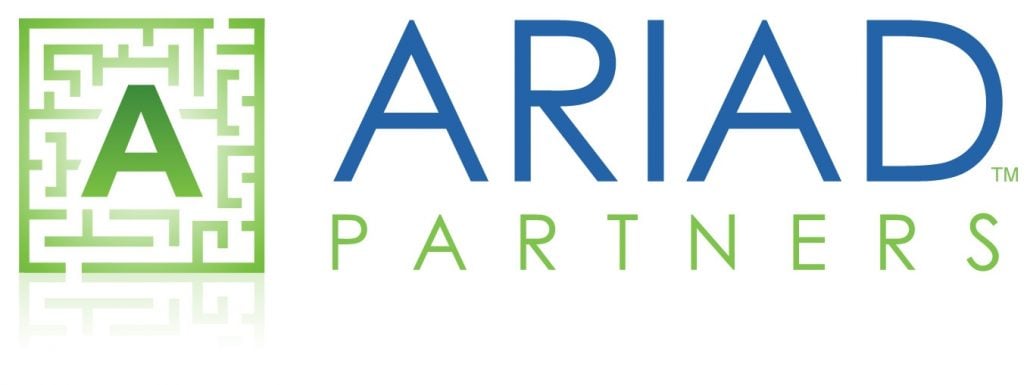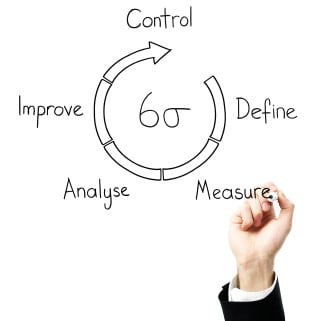Business Growth: Progress not Perfection
Business Growth – Don’t let perfect be the enemy of progress.
I like this saying. It’s actually a distortion of Voltaire, who once said, “The best is the enemy of the good.” Do not approach your business growth with the idea of perfection.
It’s something that I think every business leader needs to keep in mind. Often, I find my clients (and even myself) in a constant cycle of fixing, review, fixing, review, fixing to reach that stage of “perfection” to launch and improve our business growth. We don’t want to put out a product or launch a campaign that isn’t high quality, right? So, we continue to try to improve it. It never seems quite good enough.
It never will be. Ever. What you must learn to do is to launch your imperfect or incomplete product or campaign and then get feedback – track, measure and monitor what happens – and use that data to optimize and enhance the next product release or the next campaign or project.
The entrepreneur and author Guy Kawasaki puts it this way: “Perfect is the enemy of good enough. When your product or service is good enough, get it out, because cash flows when you start shipping. You’ll also learn what your customers truly want you to fix. It’s a trade-off: your reputation versus cash flow, so you can’t ship pure crap. But you can’t wait for perfection either.”
According to consultant and author Ron Ashkenas, there are two psychological reasons for this unproductive quest for perfection:
- The first is the fear of failing. In many organizations, coming up with a recommendation that doesn’t ultimately succeed can be career limiting. So to avoid this fate, managers put in extra effort to get the “right” answer, and back it up with as much data and justification as possible. Then, if it doesn’t work, nobody can say that they didn’t do their homework.
- The second driver of unproductive perfection is the anxiety about taking action. Studying problems and coming up with recommendations is safe territory; while changing processes, procedures, incentives, systems, or anything else is much higher risk.
The law of diminishing returns states that at a certain point adding more effort will not produce significantly more gains. The challenge is knowing when you’ve reached that point in your business growth.
For many entrepreneurs and business owners, this is an important question: How far do I keep going on a project before I declare that it’s “good enough” — and that further effort will not significantly change the outcome?
Instead of continuing to research, prepare and tweak, why not run with what you’ve got in small tests? This will allow you to track and measure results and refine your final version.



